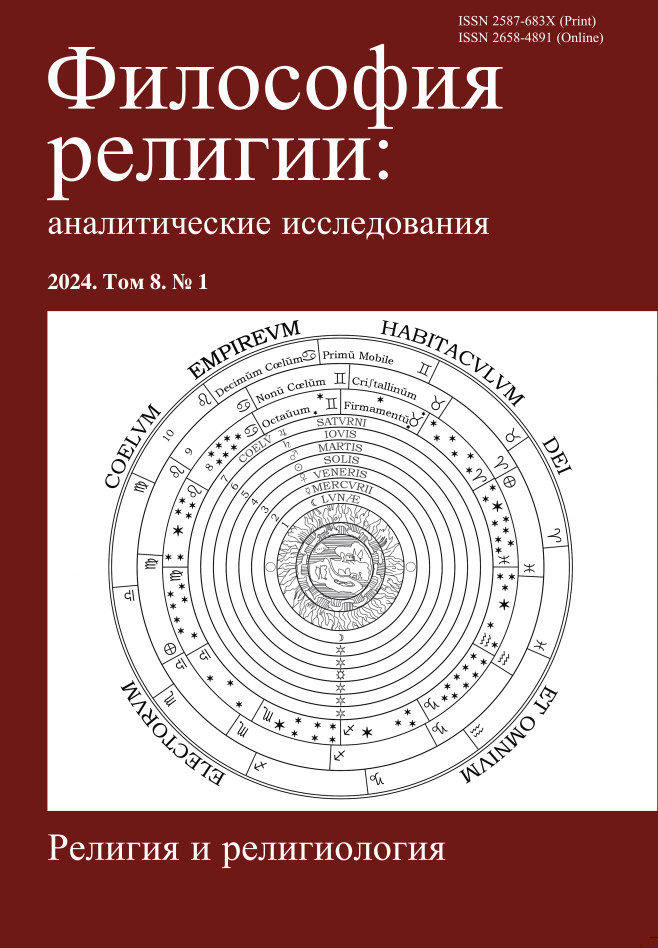“Postsecular”: Renewing the Debate
DOI:
https://doi.org/10.21146/2587-683X-2024-8-1-20-36Keywords:
religion, religiosity, secular, religious, secularization, secularism, post-secular, spirituality, description, prescriptionAbstract
The article outlines the idea of “postsecularity,” which has already become traditional in certain areas of religious studies and sociology of religion. On the one hand, it is contested within other research areas, and on the other hand, has not led to the creation of a clear and consistent theory, although it has become very popular in public discussion. In defending his position, the author refers both to his own works on the topic and to a large corpus of texts that to one degree or another touch upon the “post-secular thesis”, including studies devoted to the concepts of “secular” and “religion” in the aspect of their rethinking in modern times. Secularism, understood as an ideology and quasi-religion, and its fate in the modern world are discussed. It is argued that classical European secularization has now ended due to the fact that secularism as a global civilizational project has failed not only in non-Western contexts, but also in zones of active secularization, which took place in European contexts, albeit in different forms – both the ghettoization of religion (in the European West), and the atheism of the entire society (as in countries where the socialist project was being implemented). The new post-secular situation is characterized as the return of religion/religiosity not only to the public sphere, but also to the Lebenswelt of individuals who actualize various forms of religiosity, including the so-called spirituality. Thus, contrary to the standard thesis about secularization, which assumes a decline in people’s religiosity, the modern world demonstrates its new forms, not necessarily associated with long, dominant religious traditions and organizations. The author believes that the concept of a “true believer” as the most conscious, informed and religiously active individual, which has become standard in the science of religion, should be discarded, given that religiosity manifests itself in a variety of forms, far from such rigoristic interpretations. The author’s final thought is that in the current situation, the modern European description (understanding) of religion can no longer be a prescription for religion, that is, a requirement addressed to it, which is one of the aspects of the “post-secular turn”.

 This work is licensed under a
This work is licensed under a 
